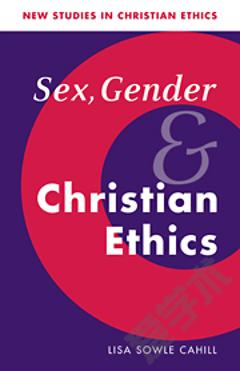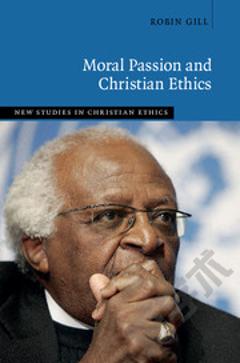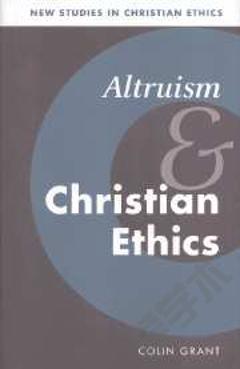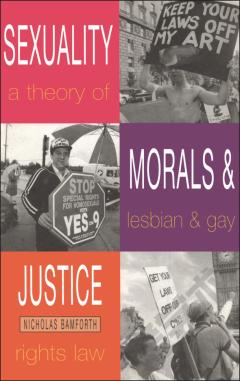Sex, Gender, and Christian Ethics
This book endorses feminist critiques of gender, yet upholds the insight of traditional Christianity that sex, commitment and parenthood are fulfilling human relations. Their unity is a positive ideal, though not an absolute norm. Women and men should enjoy equal personal respect and social power. In reply to feminist critics of oppressive gender and sex norms and to communitarian proponents of Christian morality, Cahill argues that effective intercultural criticism of injustice requires a modest defence of moral objectivity. She thus adopts a critical realism as its moral foundation, drawing on Aristotle and Aquinas. Moral judgment should be based on reasonable, practical, prudent and cross-culturally nuanced reflection on human experience. This is combined with a New Testament model of community, centred on solidarity, compassion and inclusion of the economically or socially marginalised.
{{comment.content}}








 京公网安备 11010802027623号
京公网安备 11010802027623号